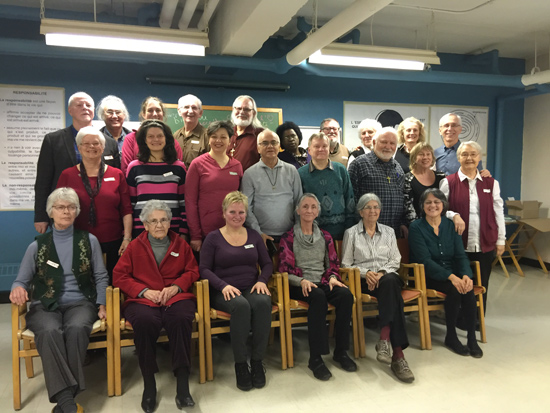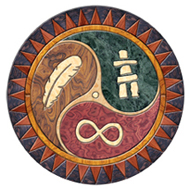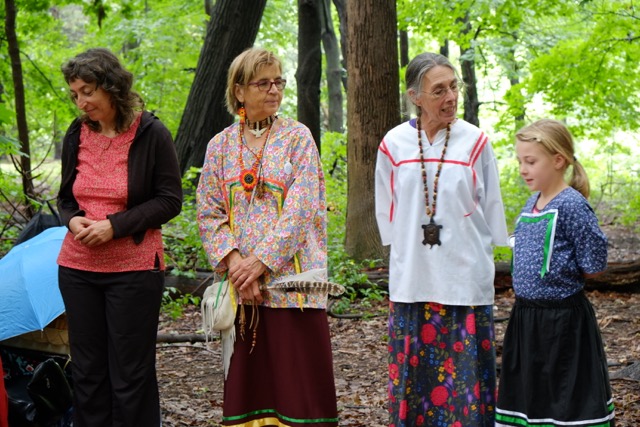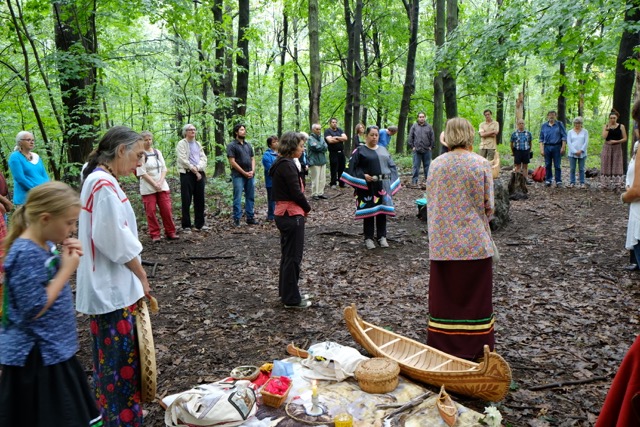
November 15-22, 2015. The theme for the week is Inspiring Innovation.
Restorative Justice Week will be held in Canada, and throughout the world, from November 15-22, 2015. The theme for the week is Inspiring Innovation.
“Returning to spirit” workshops: creating meaningful relations between Aboriginal and non-Aboriginal people
[French only]
Authors:
Mrs Lucie Painchaud, Centre de justice réparatrice de Québec [Quebec City restorative justice centre] (CJRQ)
Mrs Rose-Anne Gosselin, member of the Timiskaming Algonquin First Nation
Summary of presentation :
Developed in 2001 in western Canada by Marc Pizandawatc, an Anishnabe of Kitigan Zibi, and Sister Ann Thompson of the Diocese of Mackenzie-Fort Smith, the “Returning to spirit” workshops build peace in the wake of the legacy of the residential schools where many First Nations and Inuit children were sent. What is original about the program is that it brings together Aboriginal and non-Aboriginal people on a journey of personal growth and reconciliation during which the issue of residential schools is touched upon without being the exclusive point of focus. Participants in these workshops may have lived in residential schools themselves; they may be descendants of persons who lived in residential schools; they may work with or stand in solidarity with Aboriginal people; they may be affected by the stories told by former residential school residents; and they may have served time in prison. They share one common thread: a real desire for reconciliation with themselves, with others and with life in general. People who have taken these workshops find their relationships strengthened, experience better social inclusion and have a greater appreciation for the value of each human interaction. The Returning to spirit organization was founded in 2008 and has been working in partnership with CJRQ since 2013.


 Past-year suicidal thoughts among off-reserve First Nations, Métis and Inuit adults aged 18 to 25: Prevalence and associated characteristics.
Past-year suicidal thoughts among off-reserve First Nations, Métis and Inuit adults aged 18 to 25: Prevalence and associated characteristics.

